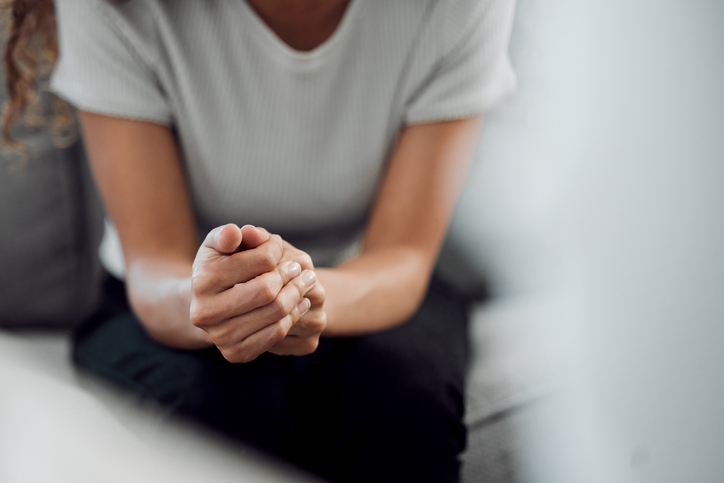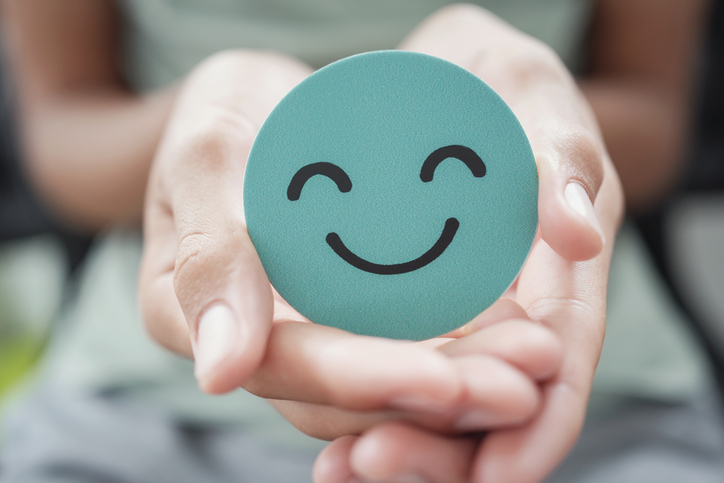Many people struggle with anxiety, depression, and stress. Depression is one of the most common mental illnesses in the United States. According to the Anxiety & Depression Association of America (ADAA), anxiety and depression disorders affect 40 million adults in the country.
From February 1 to 13, 2023, 29.9 percent of adults in Michigan reported symptoms of anxiety and/or depressive disorder, compared to 32.3% of adults in the U.S. said a health policy research group Kaiser Family Foundation’s (KFF), analysis of the U.S. Census Bureau.
The CEUfast.com research team looked at numbers from the Centers for Disease Control and Prevention (CDC) to identify the most depressed cities in the United States. Their data is based on the number of residents who have been told that they have a form of depression.
What are the most depressed cities in the U.S.?
Their research shows that Billings, Montana has the highest rate of depression. They said out of their metro area population of 181,000, 31 percent of residents have been told by a professional that they have depression.
Meanwhile, Kingsport, Tennessee, metro area, which also includes Bristol, Virginia, is second on the list. With 305,000 residents, they have a depression rate of 30.6 percent. Following these cities is another Tennessee city, Knoxville at 30.2 percent.
Where are the most depressed cities in Michigan?
In light of the COVID-19 pandemic and reports of mass violence and shootings, mental health conditions have increased. This is true in Michigan, which has two cities listed as having the highest prevalence of depression. Both Grand Rapids-Wyoming (28) and Lansing-East Lansing (33) made the top 50 cities.
According to MDHHS, calls to the state’s mental health crisis line climbed from fewer than 5,500 a month in the three months before July 2022 to an average of more than 6,300 a month in six months since its launch. Calls by Michigan residents to the mental-health hotline increased by 15 percent since last summer.






